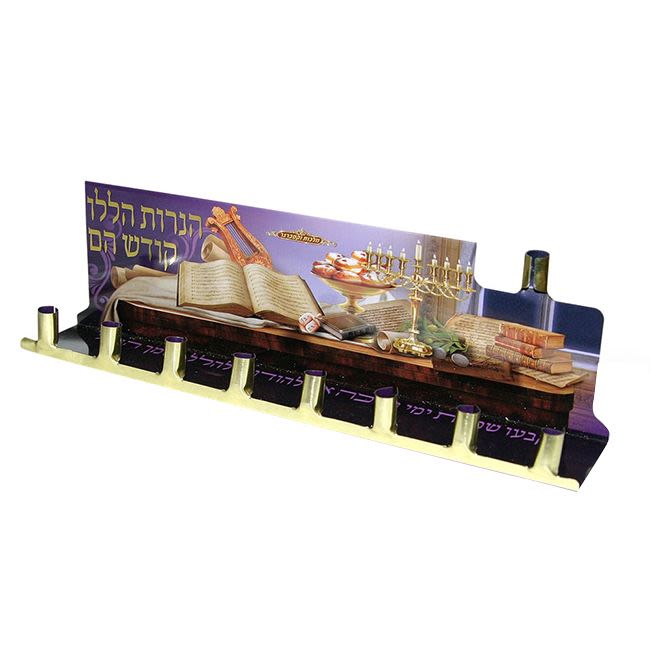
Real Decisions
Before we can make the decision to set a goal, we first have to believe in that goal. The goal has to be valuable, compelling and inspiring. It has to get us excited...

When a person goes to the gym; or when a person does things that they know work, over and over again, inevitably, they see results. Repetition is how we see change and results. Repetition is how we all learnt how to read, or do math, or bake a great cake, or learnt how to drive.
Just as we need “repetition” in order to learn things in the physical world, we also need spiritual repetition to help us to progress internally. This sort of progress, or “growing”, is an inherently enjoyable thing for a human being to do; it makes us feel good! But we have to have the right tools and strategies and a goal to work towards, if we really want to make progress, and to become spiritually fit.
Spiritual health begins in the same way that good physical health does: first, we set ourselves a goal; then, we make a commitment to doing whatever we need to do, to achieve that goal; and then, we go work out. How do we work out, spiritually? We learn about emuna and get connected to G-d all the time.
Before we can make the decision to set a goal, we first have to believe in that goal. The goal has to be valuable, compelling and inspiring. It has to get us excited, and “draw” us to it. Let’s take the example of  quitting cigarettes.
quitting cigarettes.
There’s a lot of similarity between the words “incision” and “decision” for a good reason. When a person makes a real decision, things change, they move because you have decided to “cut off” the old behavior. At this point, you may be asking yourself: “what’s a real decision?” Well, before I answer that, let me explain what is definitely not a real decision: An “unreal” decision is when we use wishy-washy language, that beats around the bush and gives us a ton of leeway to wiggle out of achieving our goal. If we start saying things like:
“I really hope to try…”
“I really want to make a resolution to….”
“I would really like to…”
Then, we aren’t making a real decision. Yes, we’re expressing a yearning for something to change, for something to be different; it’s a beginning, and there’s definitely some potential there, but it’s only a good start, not a real decision. If we want to catapult ourselves into the category of making a real decision, then we need to go much, much further, like this:
“From this day on, G-d willing, I am a non-smoker.”
“I don’t touch cigarettes any more. I don’t smoke. I’m not that person anymore!”
These are examples of a real decision. Once the person makes the decision to become a “non-smoker”, it makes a big, big difference. They are no longer the same person. By deciding to become a “non-smoker”, that person has just cut themselves off from cigarettes and they are changing their identity. But as we’re about to see, there are many other factors that need to be acknowledged and dealt with, before that decision can be made to “stick” permanently.
Rabbi Arush says that we have to be in a proper state of mind before we can learn, or make a decision. If we’re not, then we won’t be able to carry it through. What is that proper state of mind? Happiness. We want to make a good decision and stick to it? Then we first need to dance, sing, and somersault – whatever it takes to get us into a good mood.
Another key factor affecting the success and “durability” of our decision is whether we really believe in it. OK, I’m saying that I want to quit smoking, but do I really believe it? If the answer is “no”, then that decision won’t have the power to change me and my behavior. So now, this leads us to the next question: how do we know what we really believe in?
This may surprise some of us, but we already have a number of beliefs in our mind that were “pre-installed” during our childhood, even if we didn’t know that was happening. Even if we aren’t consciously aware of these “beliefs”, the unconscious mind is constantly reading those scripts, and telling us what we want to do, what we believe in, and what we are capable of.
“Be a doctor.”
“Be a teacher.”
“Be a Rabbi.”
“Be a fireman.”
What we shoot for in life has a lot to do with what we believe about ourselves. The good news (for most of us…) is that we don’t have to get stuck with these “pre-installed” beliefs, particularly if they aren’t good for us. We can reprogram ourselves.
We can change our inner belief system by having conversations with G-d, where we ask Him to help us to believe what we really want to believe. We all have to find a way of believing that our aspirations are valuable, that they matter; and that we are really worthy of achieving them. We say: “G-d can do anything.” That’s a very powerful belief system! So is the idea that prayer can accomplish anything. I have to work on really ingraining that belief, on really believing it, in my conversations with G-d every single day.
“G-d”! Let me believe that I can change just by talking to you about my problems and aspirations and challenges! Let me believe it’s true for me too! G-d, help me to believe that I’m not wasting my time trying to change and praying to improve, even if I can’t see the results immediately. Help me to believe that talking to You is really working, and that I should continue doing it.”












Tell us what you think!
Thank you for your comment!
It will be published after approval by the Editor.